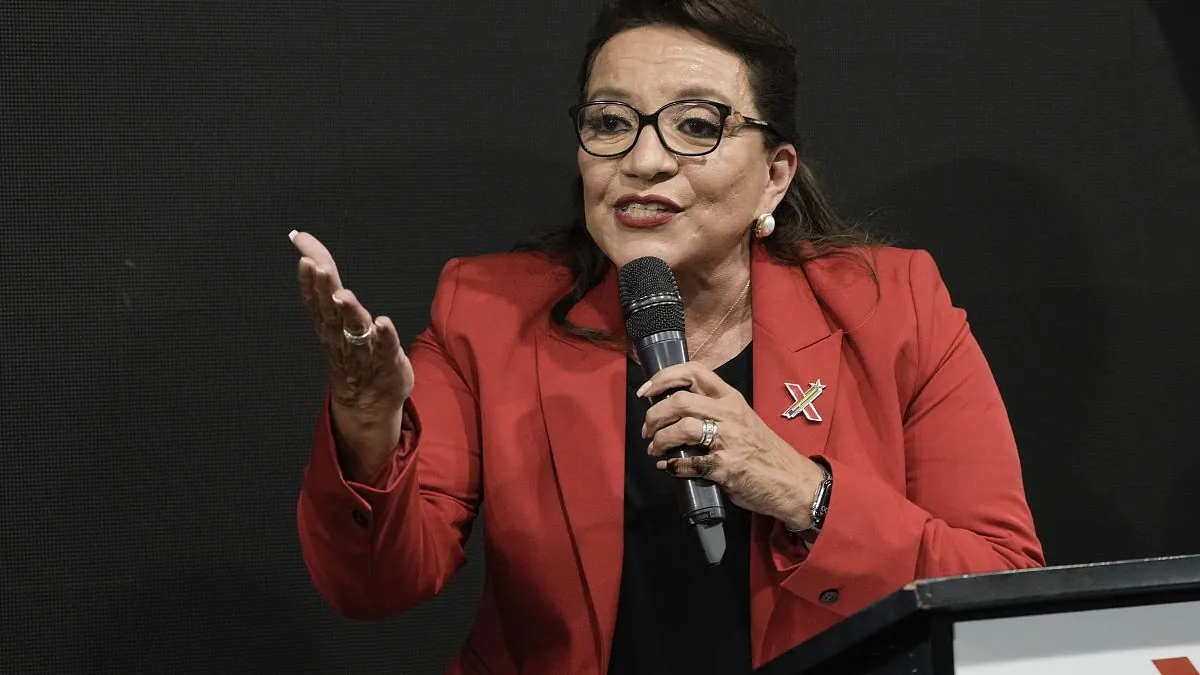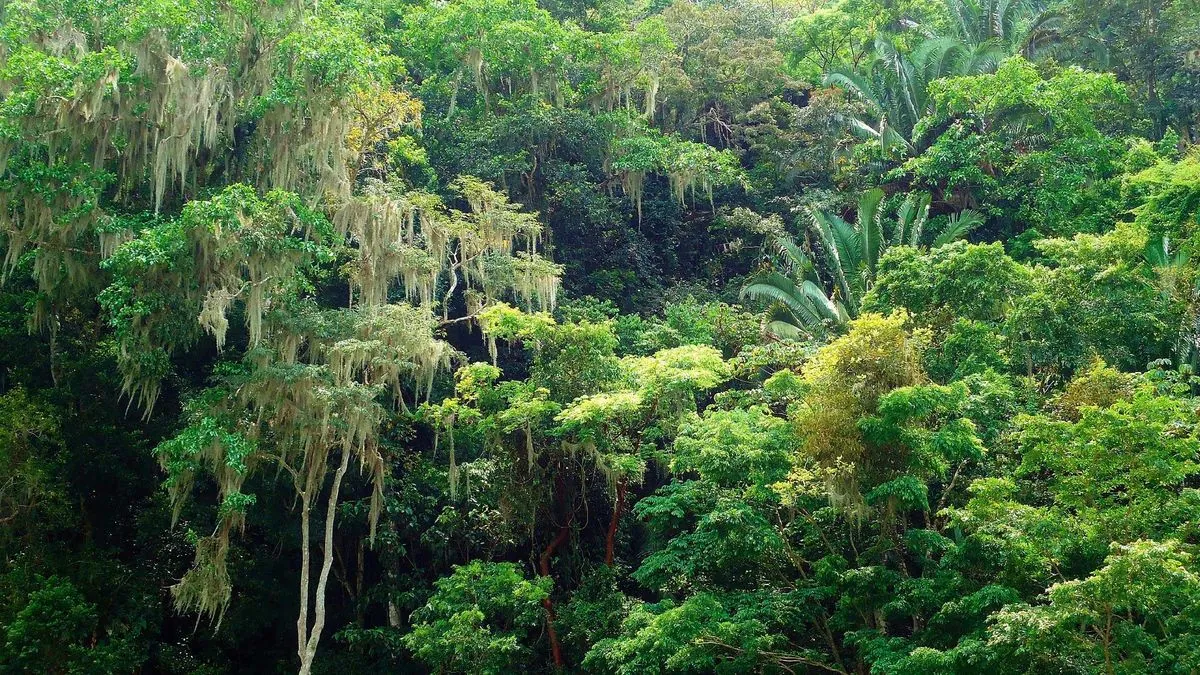Honduran President Faces Resignation Calls Amid Drug Money Scandal
Anti-corruption body demands Honduran President Castro's resignation following video evidence of drug money involvement. Family members step down from government roles as public frustration grows.

In a significant development in Honduras, the second-largest country in Central America, President Xiomara Castro is facing calls for resignation amid allegations of drug money involvement within her family. The National Anti-Corruption Council, a non-governmental organization, has publicly demanded Castro step down following the release of a video purportedly showing her brother-in-law receiving funds from drug traffickers.
The video, recorded in 2013, allegedly depicts drug traffickers currently imprisoned in the United States offering over $525,000 to Carlos Zelaya, Castro's brother-in-law and a congressional leader. In the footage, Zelaya is heard saying, "half of it will go to the commander," apparently referring to former president Manuel Zelaya, Castro's husband and main adviser.
This revelation has sent shockwaves through Honduras, a nation grappling with high crime rates and economic challenges. The country, which gained independence from Spain in 1821, has a population of approximately 9.5 million people and is known for its diverse ecosystems, including rainforests and coral reefs.

In response to the allegations, Carlos Zelaya acknowledged meeting with the leader of the drug trafficking organization "Los Cachiros" in 2013, the same year Castro made her first unsuccessful presidential bid. However, he claimed ignorance of the attendees' connections to drug trafficking. Zelaya, along with his son, the former minister of defense, have since resigned from their government positions.
"I fell into a trap, I take responsibility for my actions."
The scandal has further eroded public trust in Castro's administration, which came to power in 2021 on an anti-corruption platform. Honduras, part of the "Northern Triangle" along with Guatemala and El Salvador, has long struggled with political instability and high levels of violence. The country has one of the highest homicide rates globally, and its economy heavily relies on agriculture, particularly banana and coffee exports.
Adding to the controversy, Castro recently cancelled a longstanding extradition treaty between Honduras and the United States. This move raised eyebrows, as the treaty had previously facilitated the extradition of numerous Hondurans accused of drug trafficking to face justice in the U.S.
In response to the growing criticism, President Castro has claimed that "dark forces" in Honduras and abroad are attempting to orchestrate a coup d'état against her. She stated, "The plan to destroy my socialist and democratic government and the upcoming election is underway." However, some analysts have dismissed these claims as unfounded.
The unfolding situation has disappointed many Hondurans who had hoped Castro's presidency would mark a departure from the corrupt leadership that has long plagued the nation. As the country grapples with ongoing gang violence, high unemployment, and economic challenges, the future of Castro's administration remains uncertain.
Honduras, home to significant archaeological sites like the Mayan ruins of Copán and a diverse indigenous population including the Lenca and Miskito peoples, now faces a critical juncture in its political landscape. The coming weeks will likely prove crucial in determining the trajectory of the nation's governance and its efforts to combat corruption and drug trafficking.


































